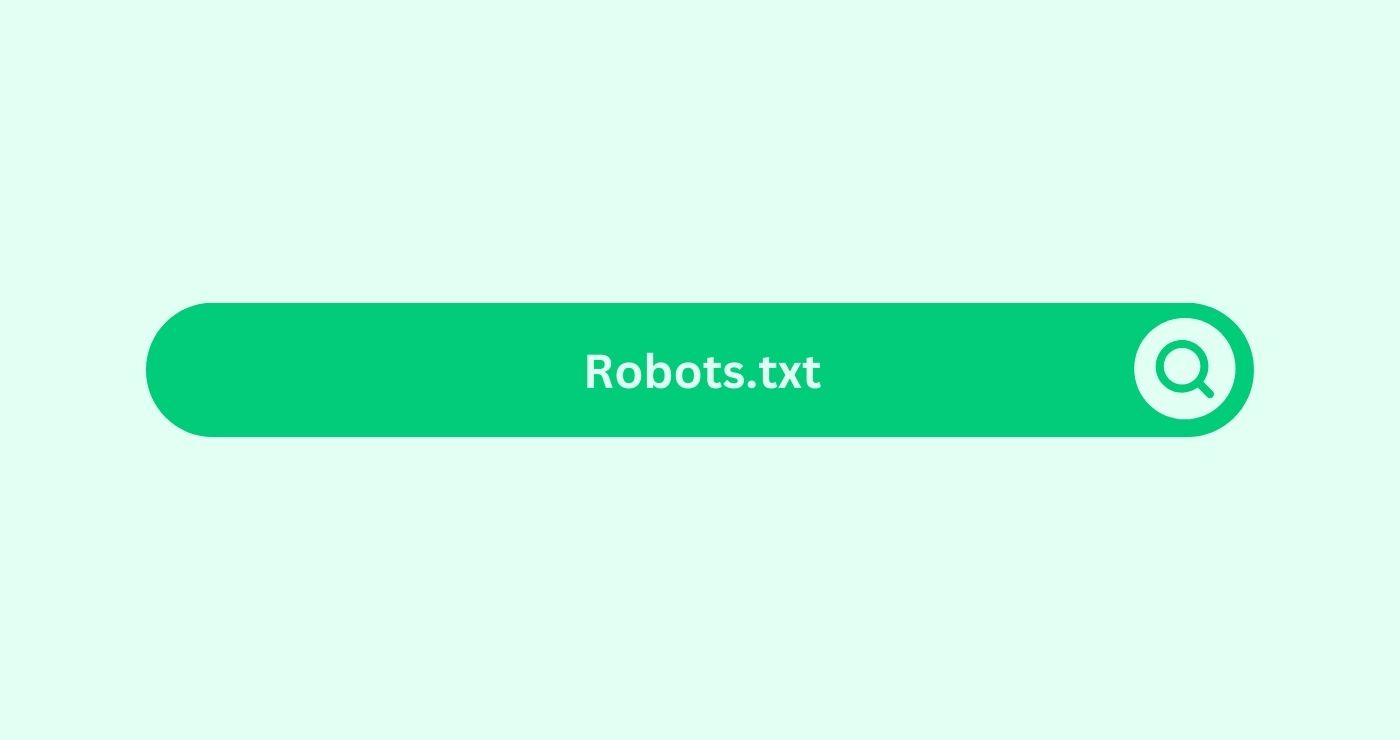Definition
Search engine crawlersDefinition Crawlers, or spiders, are search engine tools tha... use directives from Robots.txt in the root directory to determine website page indexingDefinition Indexing in content marketing involves search eng... and crawlingWhat is crawling in the context of SEO? Monitor SERP metrics... areas.
how you can use
For instance, to prevent search engines from indexingDefinition Indexing in content marketing involves search eng... sensitive or duplicate contentDefinition Duplicate content in the SEO space refers to iden..., you can use the Robots.txt file to disallow access to certain directories or files. This ensures that search results index and display only relevant and valuable content.
Key Takeaways
- Control CrawlingWhat is crawling in the context of SEO? Monitor SERP metrics... Behaviour: Robots.txt allows webmasters to control how search engine crawlersDefinition Crawlers, or spiders, are search engine tools tha... access and index their website’s content.
- Stop Sensitive Content from Being Indexed: You can use this feature to prevent search engines from indexingDefinition Indexing in content marketing involves search eng... duplicate or sensitive content, such as login pages or printer-friendly pages.
- Improve Crawl Efficiency: By specifying which directories or files to exclude from crawlingWhat is crawling in the context of SEO? Monitor SERP metrics..., Robots.txt can help improve crawl efficiency and save bandwidthDefinition Bandwidth refers to the maximum rate of data tran....
- Enhance SEO: Properly configuring Robots.txt can prevent the indexingDefinition Indexing in content marketing involves search eng... of low-quality or irrelevant content, thereby improving the overall quality and relevanceDefinition In SEO, relevance refers to the degree to which a... of a website’s search engine listings.
- Ensure Compliance: Adhering to Robots.txt guidelines ensures compliance with search engine best practices and can prevent accidental indexingDefinition Indexing in content marketing involves search eng... of sensitive information.
FAQs
How do I create a robots.txt file for my website?
You can create a robots.txt file using a text editorDefinition A text editor is a software tool used for creatin... and upload it to the root directory of your website via FTP or your website's control panel.
Can I use Robots.txt to block specific pages from being indexed?
Yes, you can use the "Disallow" directive in Robots.txt to block specific pages or directories from being crawled and indexed by search engines.
What happens if I don't have a robots.txt file on my website?
If no Robots.txt file is present, search engine crawlersDefinition Crawlers, or spiders, are search engine tools tha... will typically crawl and index all accessible pages on your website.
Can I use wildcards in Robots.txt directives?
Yes, you can use wildcards such as asterisks (*) to match patterns in URLs when specifying directives in Robots.txt.
How often should I update my robots.txt file?
You should review and update your Robots.txt file regularly, especially when making significant changes to your website's structure or content.
Can Robots.txt completely block a page from appearing in search results?
While robots.txt can prevent search engines from crawlingWhat is crawling in the context of SEO? Monitor SERP metrics... and indexingDefinition Indexing in content marketing involves search eng... a page, it does not guarantee that the page will not appear in search results if it is linked to other indexed pages.
Does Robots.txt apply to all search engines?
Yes, Robots.txt directives apply to all compliant search engine crawlersDefinition Crawlers, or spiders, are search engine tools tha..., including Google, Bing, Yahoo, and others.
Can I use Robots.txt to improve my website's security?
While robots.txt can help prevent the indexingDefinition Indexing in content marketing involves search eng... of sensitive information, it is not a security measure in itself. Additional security measures, such as proper access controls and encryption, should also be implemented.
Are there any limitations to what can be specified in Robots.txt?
While Robots.txt is a useful tool for controlling crawlingWhat is crawling in the context of SEO? Monitor SERP metrics... behaviour, it has limitations, such as not being able to prevent pages from being indexed if they are linked to other indexed pages.
How can I test if my robots.txt file is properly configured?
You can use the "Robots.txt Tester" tool in Google Search ConsoleDefinition Google Search Console is a free web service from ... to test and validate your Robots.txt directives and see how they affect crawlingWhat is crawling in the context of SEO? Monitor SERP metrics... behaviour.




